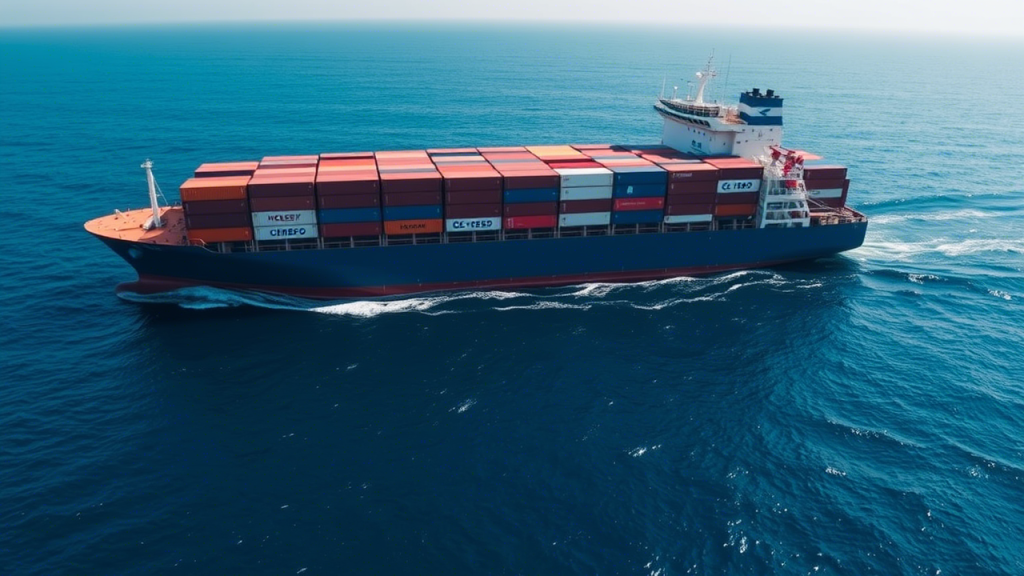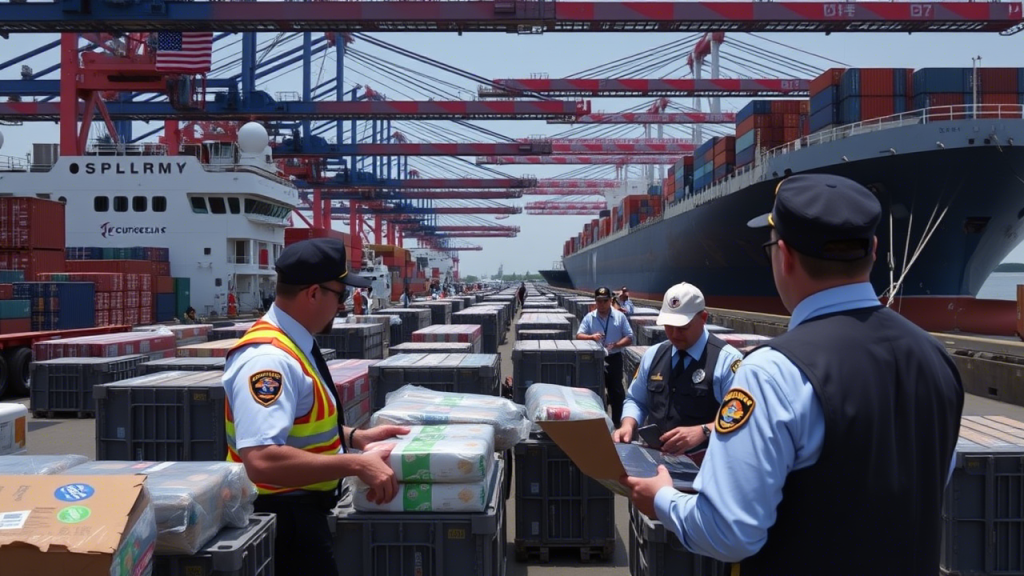Smiry Front Door Mat Outside Entrance, Heavy Duty Natural Rubber Doormat, Trap Dirt and Moisture Easy Clean Low Profile Patio Porch Welcome Floor Mats for Entry, 29.5x17 Inch, Black
$9.98 (as of February 2, 2025 12:39 GMT +00:00 - More infoProduct prices and availability are accurate as of the date/time indicated and are subject to change. Any price and availability information displayed on [relevant Amazon Site(s), as applicable] at the time of purchase will apply to the purchase of this product.)The United States and China, the two largest economies, did not reach an agreement to prevent new U.S. tariffs. As a result, these tariffs took effect after midnight, and China quickly responded with its own trade penalties.
On Tuesday, China announced new tariffs on American products in reaction to President Donald Trump’s decision to impose additional taxes on Chinese imports. The new tariffs include a 15% tax on U.S. coal and liquefied natural gas (LNG). China also introduced export restrictions and launched an antitrust investigation into Google.
Trump’s tariffs, which add a 10% tax on all Chinese goods, were implemented early Tuesday morning after both sides failed to reach a deal. China’s response has further heightened trade tensions.
China’s Retaliation Measures
China’s customs and trade authorities confirmed the 15% tariffs on coal and LNG, along with 10% duties on crude oil, farm machinery, and certain vehicles. Additionally, China’s Commerce Ministry imposed export restrictions on key materials like tungsten, which is used in high-tech products, and placed sanctions on two American companies.
Meanwhile, the U.S. postponed tariffs on Mexico and Canada after those countries agreed to tighten border security. Many Chinese goods were already subject to tariffs, and these new measures add to those costs.
Why Trump Imposed the Tariffs
Trump justified his decision by accusing China of allowing fentanyl trafficking into the United States. He signed an executive order for the tariffs last Saturday.
A Chinese Embassy spokesperson in Washington described Beijing’s reaction as a necessary and reasonable response. China’s Commerce Ministry called Trump’s tariffs “malicious.”
Economic Challenges for China
China’s economy is already struggling with slow growth and a property crisis. However, its exports saw a boost in December, providing some relief. Experts believe China’s economic difficulties may affect how it handles the trade dispute.
Henry Gao, a trade expert in Singapore, noted that China might not be able to maintain this trade battle for long due to its economic situation.
Despite the tensions, Trump recently expressed his preference to avoid a trade war. In a January interview, he said he would rather not use tariffs but sees them as a powerful tool against China. He mentioned that he planned to speak with Chinese officials soon.
China’s Strategy in the Trade War
China’s countermeasures aim to strengthen its negotiating position. Qiu Huafei, an international relations professor in Shanghai, believes that if China appears weak early on, it could invite more pressure from Trump.
This is not the first trade conflict between the U.S. and China. During Trump’s first term, he imposed billions of dollars in tariffs on Chinese goods, claiming China engaged in unfair trade practices. China responded with similar penalties on American products.
In 2020, both countries signed a “phase one” trade deal, in which China promised to buy an extra $200 billion in U.S. goods over two years. However, China purchased only about 60% of the agreed amount. When Joe Biden became president in 2021, he kept the tariffs in place and even increased them on certain products, such as electric vehicles.

China’s Other Response Options
Experts believe China has additional ways to respond beyond tariffs. Recently, China has been using export restrictions, sanctions, and investigations into American companies to push back. The new probe into Google and the latest trade limits are examples of these tactics.
According to Henry Gao, China could also use this situation to improve its global image. With Trump threatening tariffs on Mexico and Canada, China may position itself as a more stable trade partner, strengthening its influence in international markets.
At the same time, Trump’s approach could weaken America’s ability to unite its allies against China.
Impact on U.S. Consumers and Businesses
American consumers and companies will likely face higher prices on various products, including electronics, footwear, and more.
Jay Foreman, CEO of toy company Basic Fun, which manufactures in China, said these tariffs would lower profits and raise prices for customers. However, he remains optimistic that Trump and Chinese leader Xi Jinping will reach a deal soon.
“There’s a big deal waiting to be made between Trump and Xi,” he said. “I think they’ll find a solution.”



